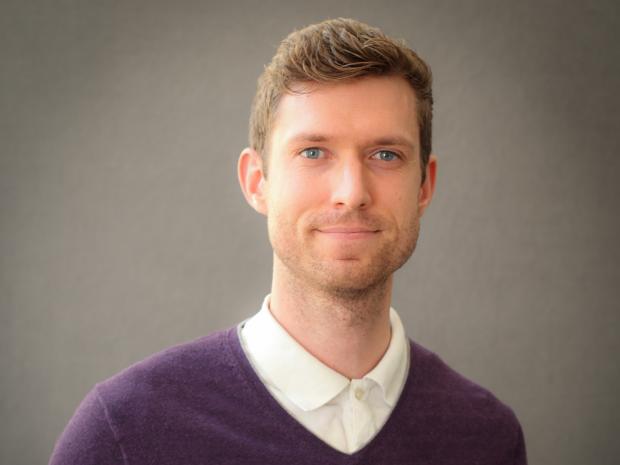Recovering Waste Through Biomanufacturing for Sustainable Chemical Synthesis

Speaker
Bradley Biggs
Postdoctoral Researcher
Lawrence Berkeley National Laboratory
Abstract
Converging motivations are creating a drive for new technologies and approaches for upgrading renewable and waste materials to value-added chemicals. These range from reducing environmental impact by closing the carbon cycle to improving supply chain security by onboarding alternative feedstocks to utilizing localized resources as a matter of efficiency and rural economic development. Biochemical approaches offer tremendous potential to advance such sustainability goals. Not only do biosynthetic processes offer the ability to operate near ambient temperature and pressure, but they reduce the need for harsh acids, bases, and heavy metals. Moreover, by leveraging the power of enzymatic chemistry, these processes remain able to synthesize complex, functionalized products. Even more, biological systems are well suited to handle heterogeneous feedstocks, owing to the flexibility of microbial metabolism. In this talk, I will walk through key points in my industrial and academic experience with respect to developing biological systems for value-added chemical synthesis. In addition, I will briefly highlight what I believe are future opportunities for the field, specifically with respect to utilizing synthetic microbial communities to onboard hereto underutilized heterogeneous waste streams.
Bio
Dr. Biggs is a postdoctoral researcher at Lawrence Berkeley National Laboratory studying microbial communities derived from harsh environmental conditions under the direction of Dr. Adam Arkin of the University of California Berkeley. He holds a Ph.D. in Chemical Engineering and an M.S. in Biotechnology from Northwestern University, along with a B.S. in Chemical Engineering from the University of Southern California. His doctoral thesis work centered on the use of the microbe Acinetobacter baylyi ADP1 to valorize (upgrade) waste biomass lignin. In between his M.S. and Ph.D., Dr. Biggs spent time in industry with the metabolic engineering firm Manus Bio, improving natural product biosynthesis in Escherichia coli. His research interests focus on the deployment of microbial systems for the sustainable synthesis of chemical goods, applying synthetic biology and metabolic engineering tools to both model and non-model microbial systems.

